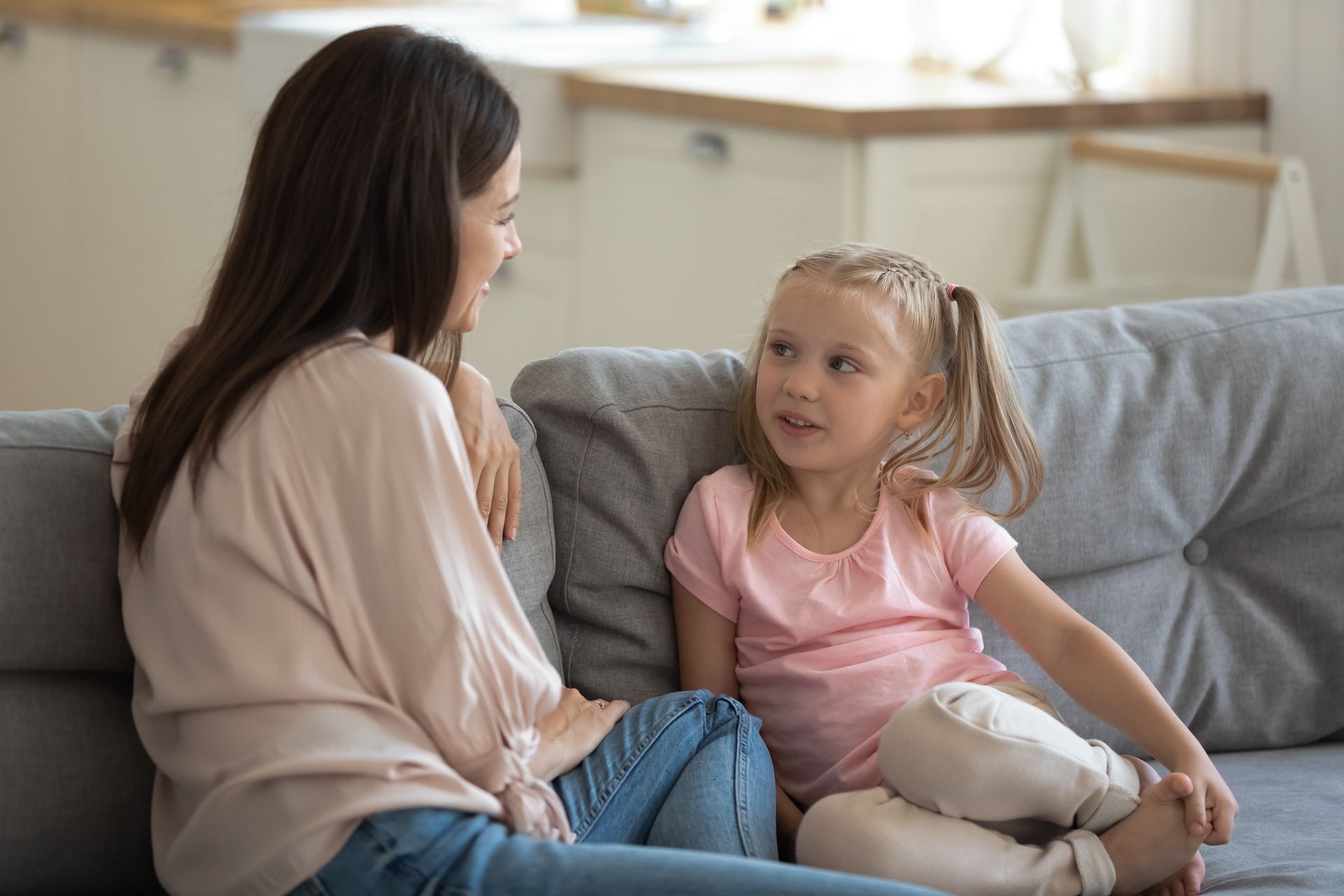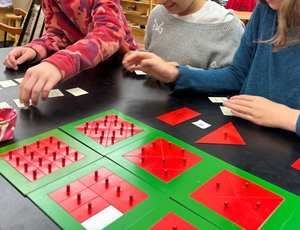Collaborative Problem Solving

So often, when we get really upset with our children, the first thing we want to do is solve the problem. Tell them what needs to happen. Take control. Sometimes even become a bit dictatorial!
In those times of frustration or anger, our rational thinking tends to take a back seat to our emotions. We forget what might be happening in our children's internal (and sometimes external) lives. We rush ahead instead of taking the time to help guide our children.
Yet our children look to us for assistance and support. When our children are struggling, they need us to show compassion, patience, and empathy.
Changing Our Perspective
Dr. Ross Greene, a clinical psychologist and author of Raising Human Beings, among other publications, makes an impassioned plea on his website, Lives in the Balance, asking adults to recast how we think about challenging behavior. When children are behaving in challenging ways, Dr. Greene explains, it is "because they're lacking the skills not to be challenging. If they had the skills, they wouldn't be challenging.”
Dr. Greene also emphasizes two vital themes to better support our children. "Kids do well if they can," he states, and, "Doing well is always preferable to not doing well.”
If we wholeheartedly embrace the fact that our children want to do well if they can, we can take what Dr. Greene calls a “dramatic departure from the view of challenging kids as attention-seeking, manipulative, coercive, limit-testing, and poorly motivated. It’s a completely different set of lenses, supported by research in the neurosciences over the past 30 to 40 years, and it has dramatic implications for how caregivers go about helping such kids.”
How can we help?
It's worth noting that all children at some point demonstrate challenging behaviors. So how do we, as adults and caregivers, help children with these challenges?
The first step is to think about what difficulty a child is facing. The challenging behavior arises because of a difficulty. Listing specific difficulties helps us shift our thinking away from the behaviors that can cause us frustration.
Next, at a time when the behavior isn’t happening, we can find a time to connect and make sure it's a good time to talk. At that point, we can state what we've observed: "I've noticed it's been difficult for you to finish breakfast before we need to leave for school.”
The Empathy Step
Then (and this is key) we ask, “What’s up?” or “What’s going on?”
This statement of a non-judgmental observation, and then an invitation to share, initiates what Dr. Greene calls the Empathy Step. The Empathy Step is an information-gathering process in which we really try to understand the child's perspective and experience. We listen without reacting and ask questions or reflect back answers in order to peel back the layers of what is really going on for the child in those moments of challenge.
During this time of reflective listening and questioning, it's essential that our child is heard, really heard. All too often, we try to jump in too quickly with advice or solutions, without giving enough time and space for our young person to share valuable perspectives and insights. Just this process of listening can be incredibly healing. If a child isn't used to us really listening, or we aren't used to asking questions rather than offering solutions, check out this cheat sheet for how to get to the heart of the matter.
Assuming our child has been able to share what's really going on in those moments of challenge, we summarize what is distressing to them and share our own concern. For example, "I understand, and my concern is that I feel stressed and anxious when we are rushing to get out the door in the morning." We then invite our child to work together with us to find a solution that can meet everyone's needs.
Being Heard and Validated
When using this process with children, it’s often the case that we sometimes don’t even get to the last steps of stating a concern and initiating a collaborative problem-solving process. Sometimes it makes sense to listen to what our child has to share about what is going on and then let that really settle. Sometimes just the process of being heard is significant enough for shifts to occur for our child, as being heard helps them feel validated.
In those moments of frustration or upset, let's try to slow ourselves down and remember that the child in front of us wants to do well. Our job can be to listen and empathize. And in doing so, we can support that young person in solving problems, learning new skills, and becoming a more whole human being.
Please schedule a tour to visit our school and see how collaborative problem-solving works with children. We’ve found that it can also be helpful in our interactions with adults, too!






